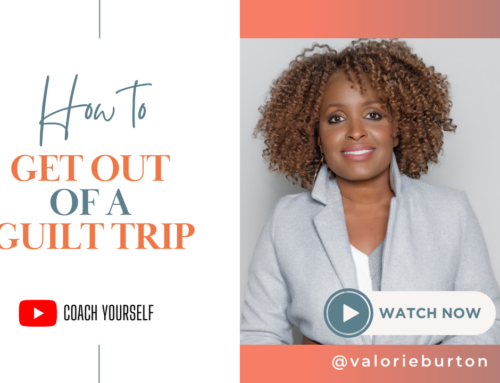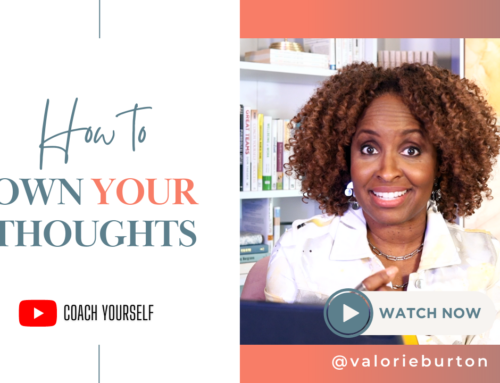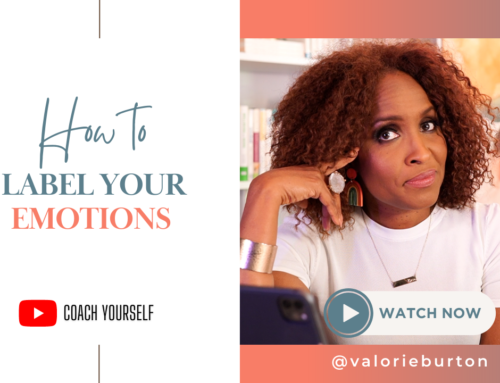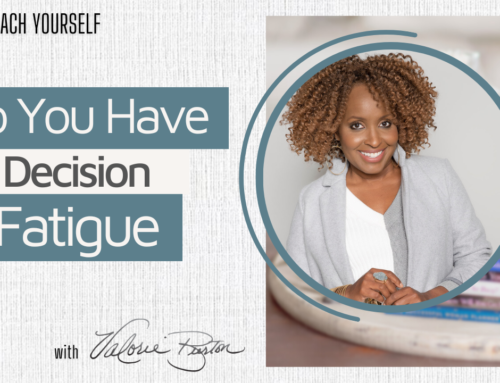I love Jennifer Aniston’s happiness advice in the latest issue of Glamour Magazine. Speaking of advice she’d give to her younger self, the popular actress says that, despite her life’s successes, she would have gone to therapy sooner – to better understand herself and “clean up all of the toxins and noise.”
In many circles of our culture, therapy is still frowned upon – especially in many church circles. But the truth is, life can throw you some devastating curve balls. Getting help to deal with it and move forward is wise. I find it fascinating that going to the doctor for experiencing a pain in your body is fine, but seeing a psychologist about the emotional pain in your heart is somehow taboo.
Just a few decades ago, the first onset of depression in women was around age 28. Today, it is not unusual for a young woman to experience depression for the first time at 14 years old. I know what that feels like. I was 15 when I first struggled with the depression – and perhaps I would have learned how to conquer it sooner and find true happiness if I’d embraced therapy then rather than waiting until my twenties. But hey, at least I got help. And that led me on the journey to discover my life’s purpose and start helping other women be happier. I agree with Ms. Aniston’s happiness philosophy:
“If you’re unhappy, you can become happy. Happiness is choice.”
She’s so right. Happiness is a choice. When you don’t get what you want when you want it, when life doesn’t go as you planned it – it’s not easy to be happy. But it is possible. The key is making intentional choices every day, choices I describe in my latest book Happy Women Live Better: 13 Ways to Trigger Your Happiness Every Day. Be intentional about speaking positive words over your life, connecting face to face with friends and not just text to text, and having something daily to look forward to. What do you think? Do you believe happiness is choice? Can you really be happy even in the face of struggles? Let me hear your comments!



